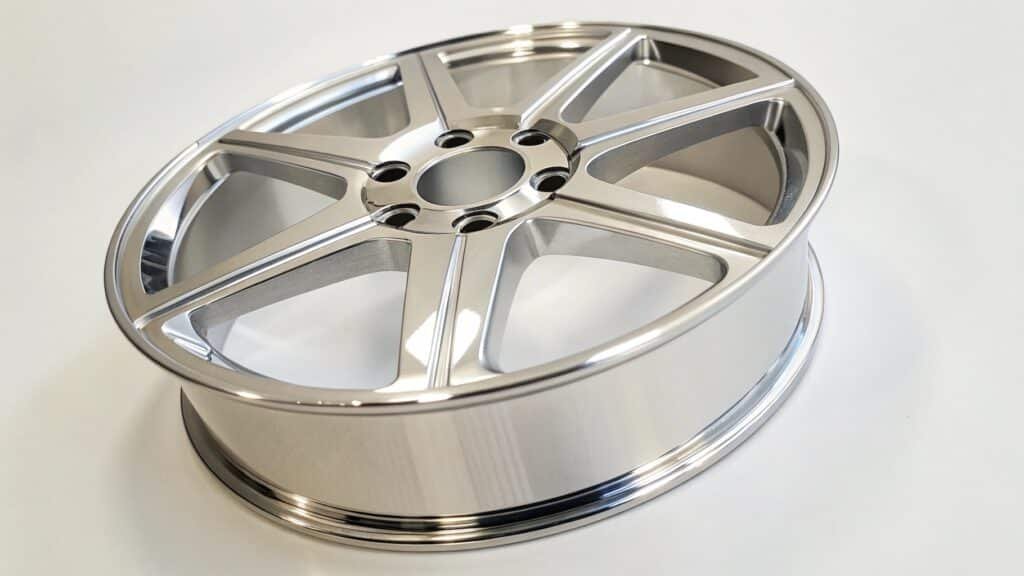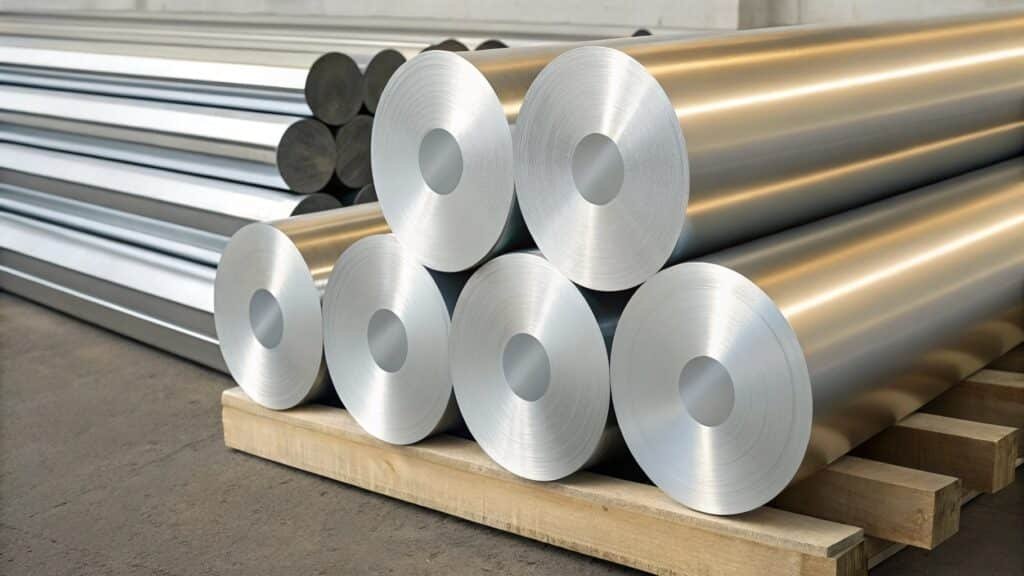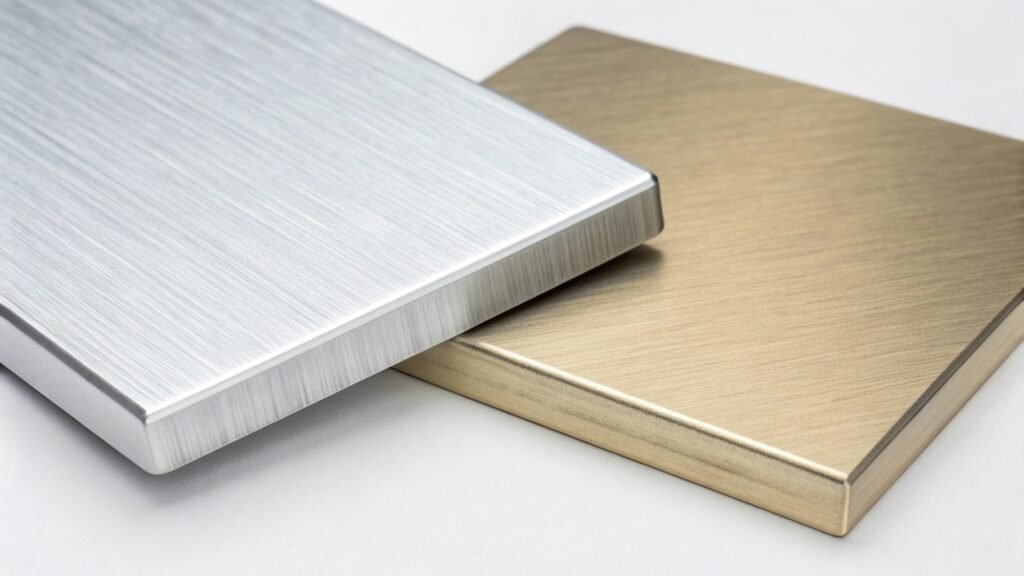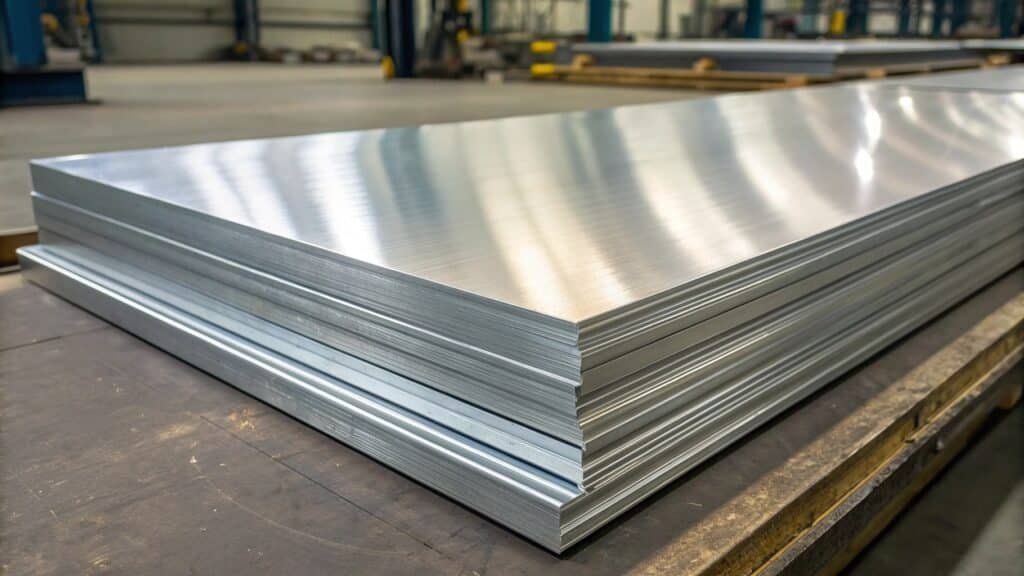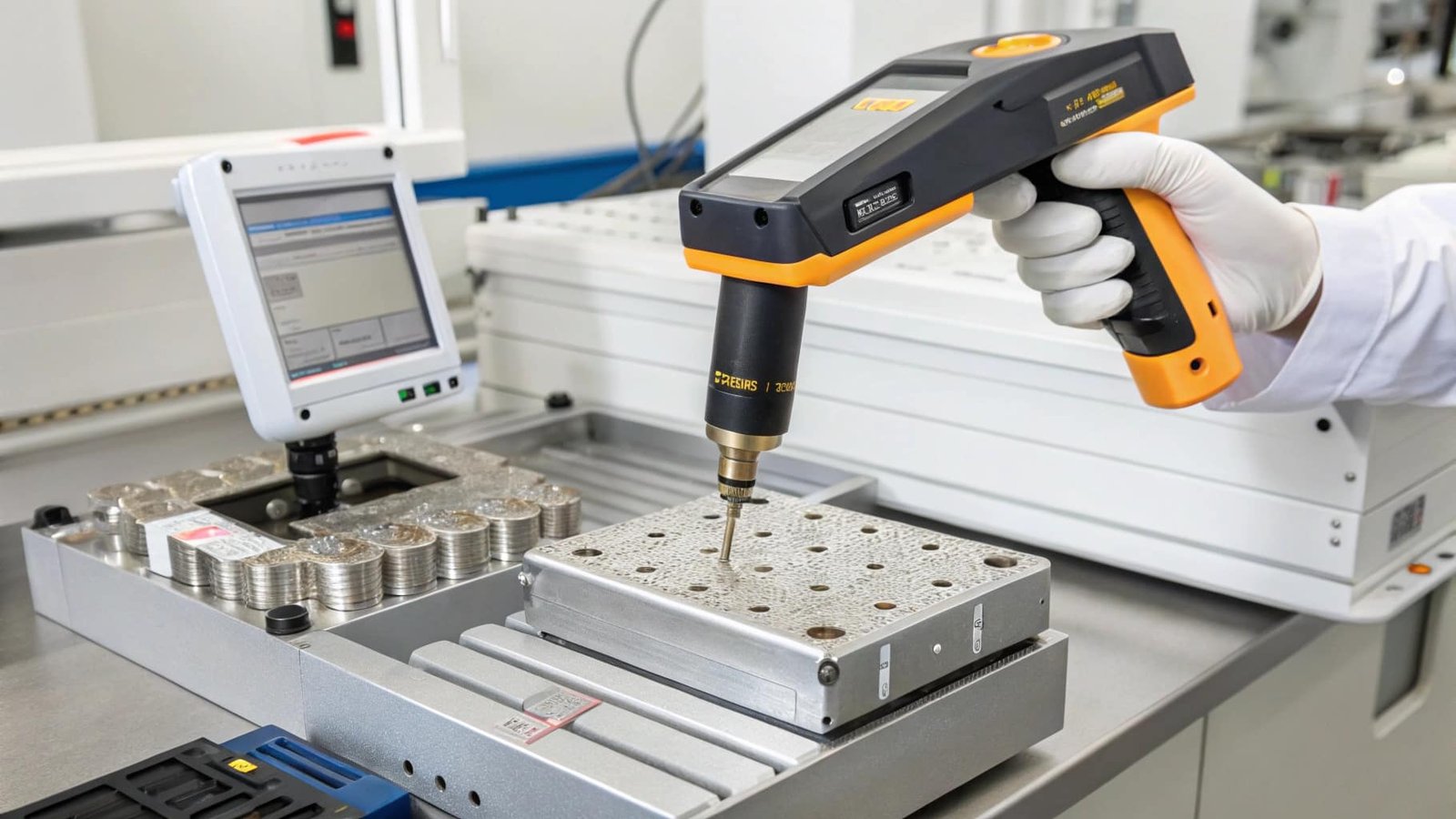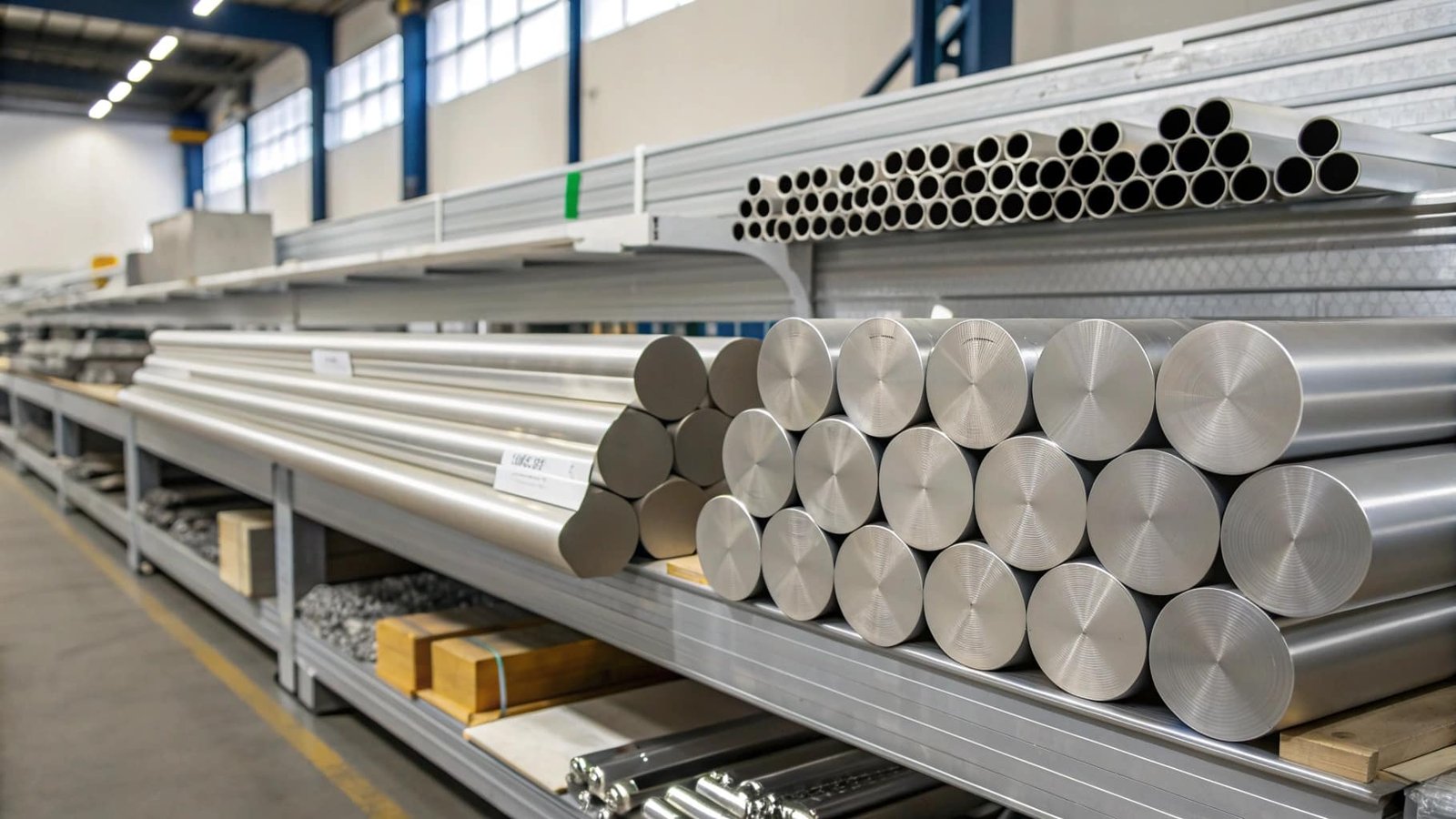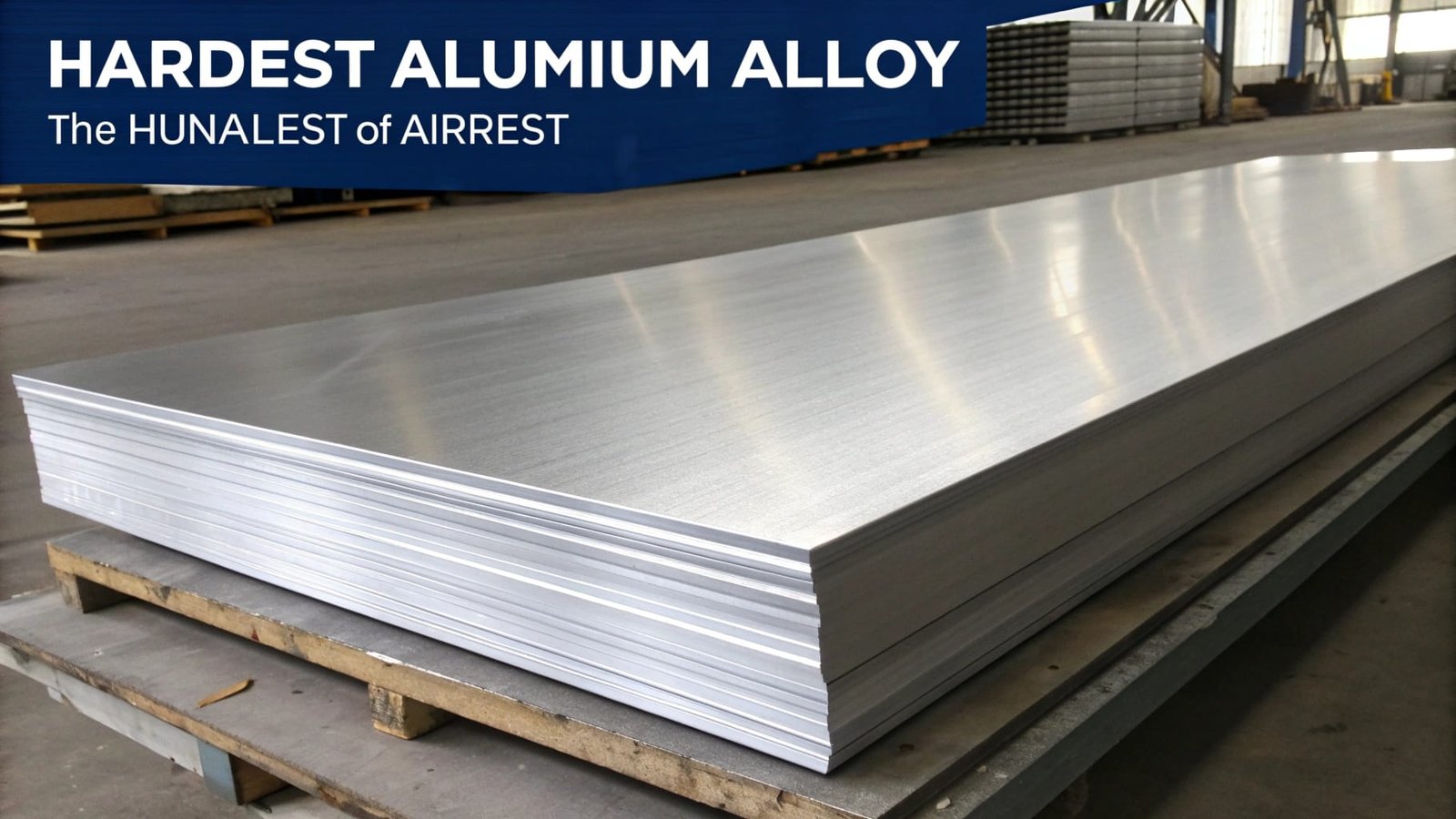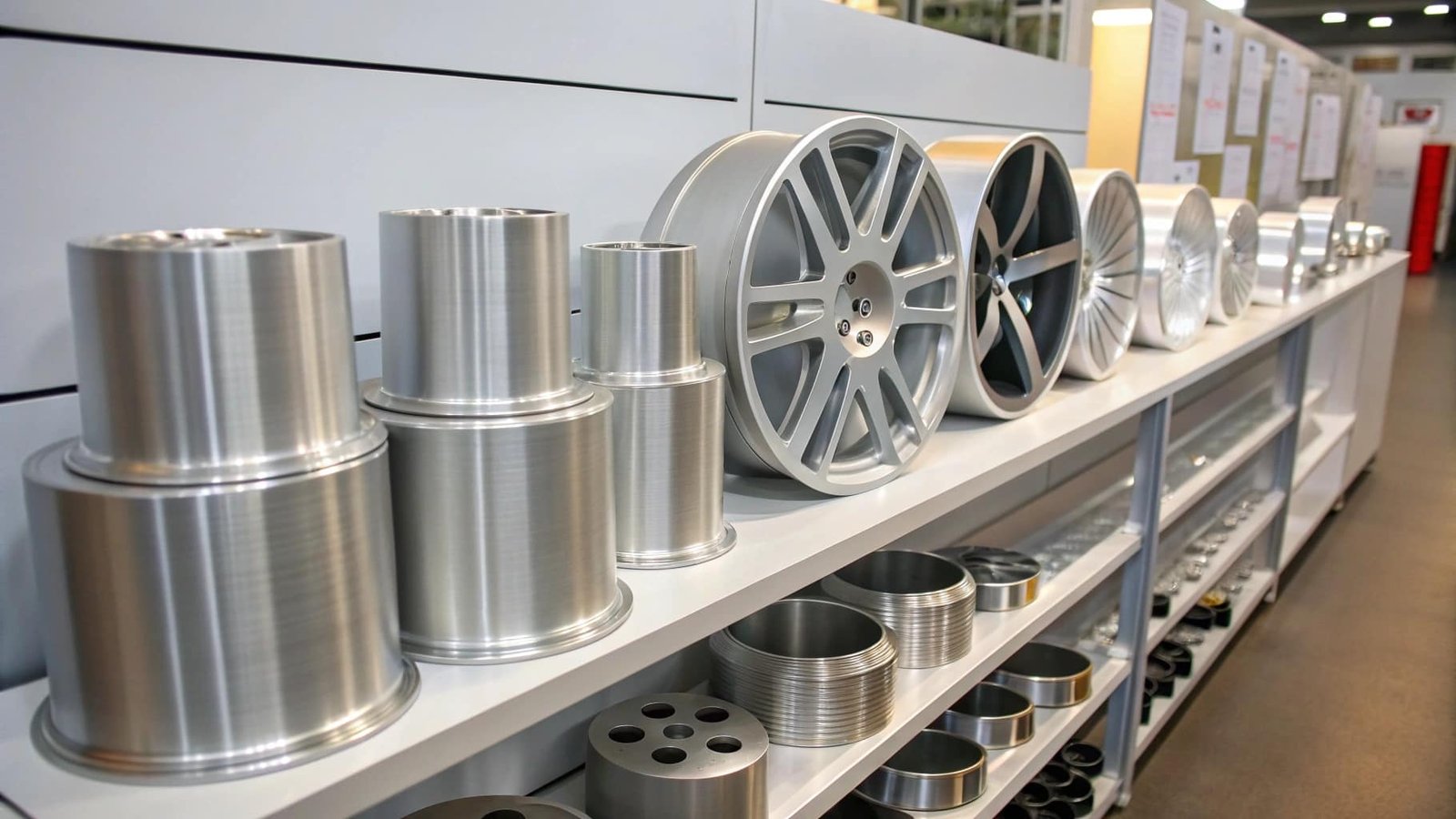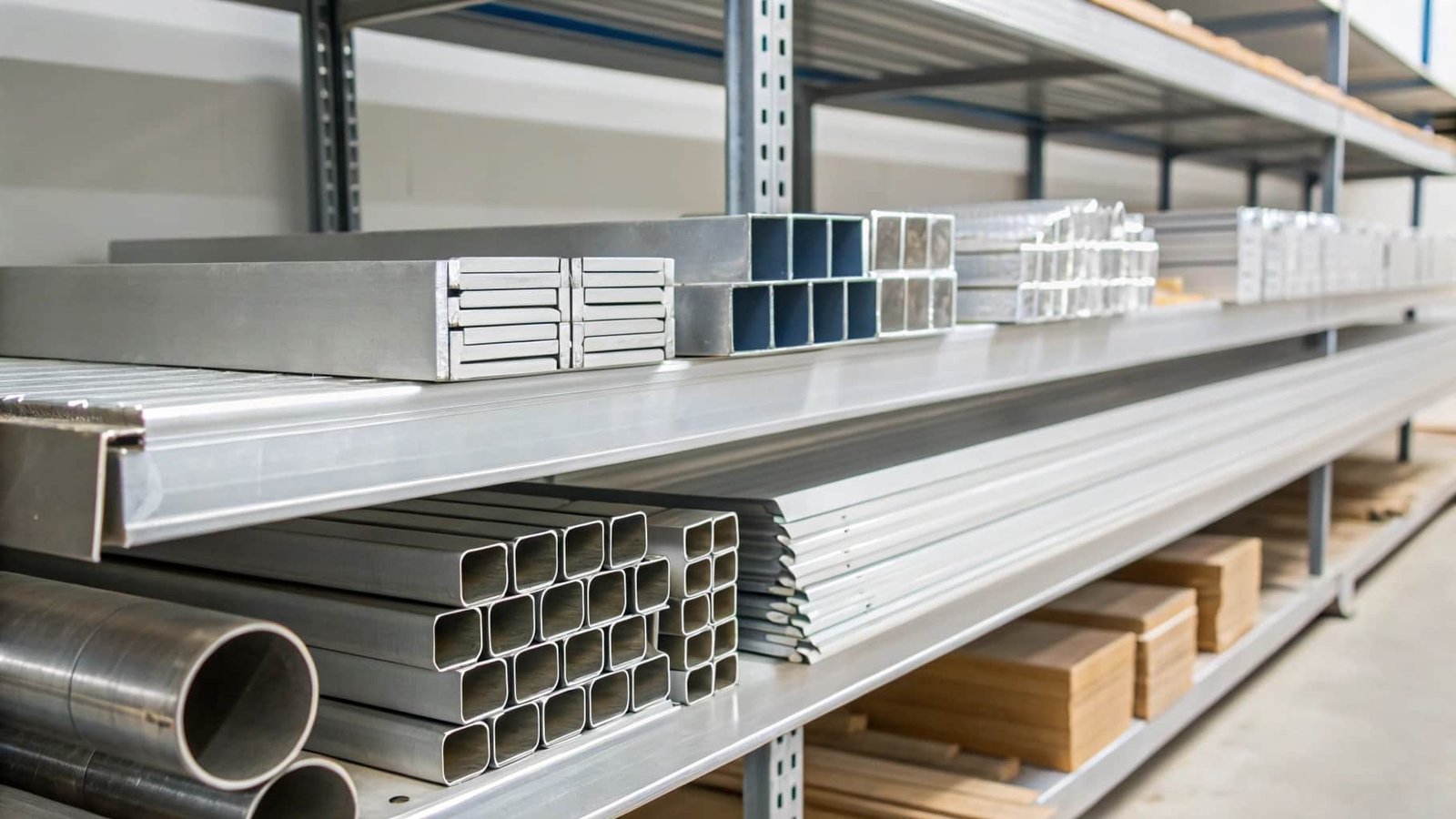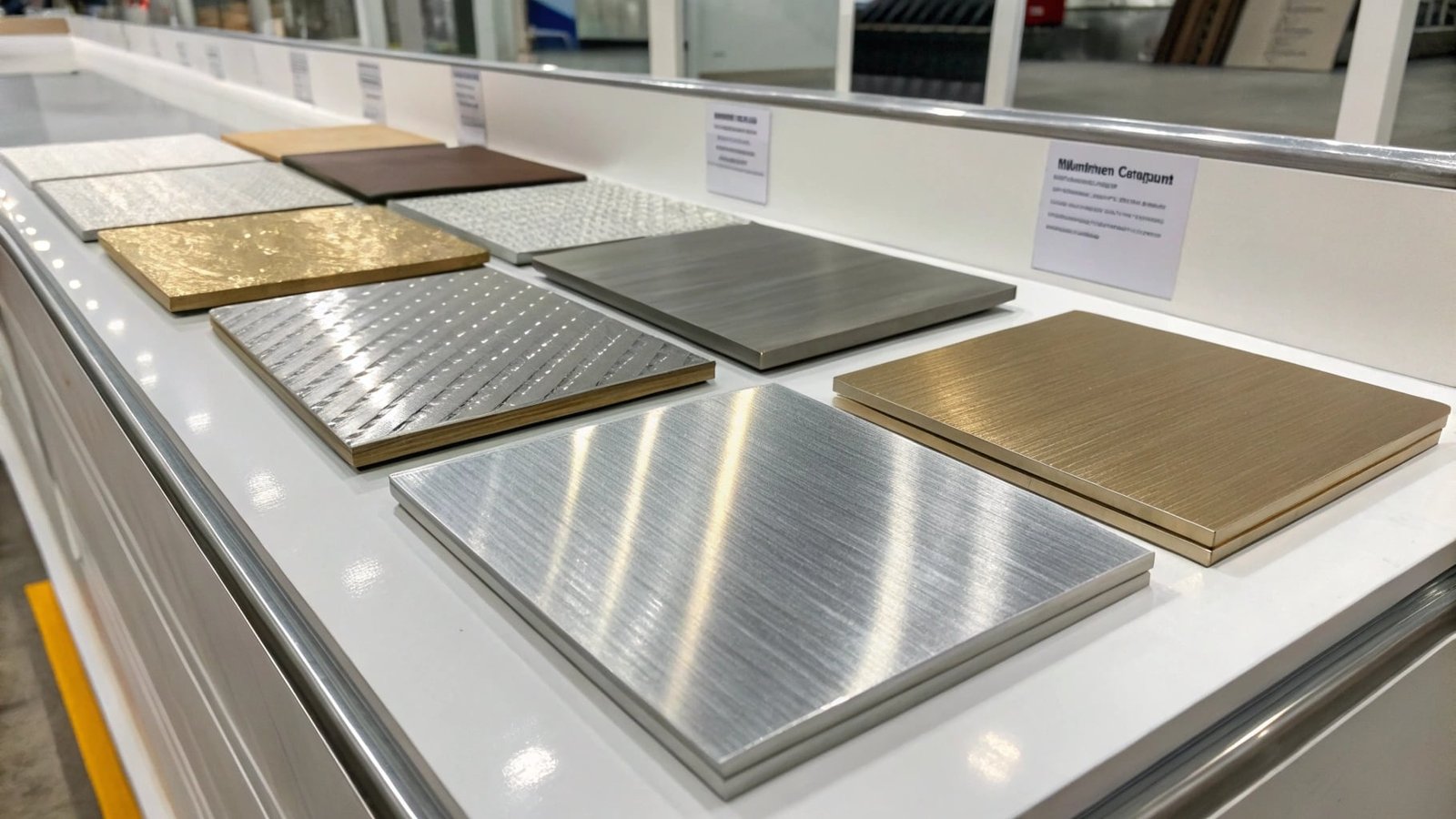Are you curious about why aluminum alloys1 are so dominant in modern manufacturing, from everyday products to high-tech aerospace components? Let’s delve into the compelling advantages that make them a top choice.
Aluminum alloys offer a superior combination of lightweight strength, excellent corrosion resistance2, formability, and recyclability, making them highly advantageous across a vast spectrum of industries compared to pure aluminum or many other metals.
For decades, engineers and designers have leveraged the unique properties of aluminum alloys to create everything from sleek architectural designs to the most advanced aircraft. Pure aluminum, while naturally resistant to corrosion and lightweight, is quite soft and lacks the mechanical strength needed for many demanding applications. This is where alloying comes in. By adding elements like copper, magnesium, silicon, zinc, and manganese, we can dramatically enhance aluminum’s properties, tailoring it for specific needs. For instance, adding copper increases strength but can reduce corrosion resistance, while adding magnesium and silicon improves strength and extrudability. These tailored properties are precisely why aluminum alloys are so pervasive. At SWA Forging, we specialize in manipulating these alloy compositions and utilizing advanced forging techniques to produce components with exceptional strength, precise dimensions, and the reliability required for mission-critical applications, demonstrating the true power of engineered aluminum.
What are the advantages of Aluminium alloy?
Aluminum alloys provide a compelling set of advantages including a high strength-to-weight ratio, excellent corrosion resistance, good thermal and electrical conductivity, formability, and recyclability, making them versatile for numerous applications.
Key advantages of aluminum alloys are their exceptional strength-to-weight ratio, superior corrosion resistance, high thermal and electrical conductivity, ease of fabrication through forming and machining, and their environmentally friendly recyclability, making them cost-effective and versatile.
The widespread use of aluminum alloys isn’t accidental; it’s driven by a robust set of performance benefits that are hard to match. Perhaps the most significant advantage is their high strength-to-weight ratio. Aluminum is about one-third the density of steel but can be alloyed and heat-treated to achieve comparable or even superior strength in many applications. This translates to lighter products and structures, leading to improved fuel efficiency in vehicles and aircraft, easier handling, and reduced transportation costs. Secondly, aluminum naturally forms a protective oxide layer, providing excellent corrosion resistance, which is crucial for components exposed to the elements. This resistance can be further enhanced through anodizing. Their thermal and electrical conductivity is also notable, making them suitable for heat sinks, cookware, and electrical components. Furthermore, aluminum alloys are highly formable and machinable, allowing them to be cast, extruded, machined, and even forged into complex shapes with relative ease. Finally, aluminum is highly recyclable without significant loss of quality, contributing to sustainability and reduced lifecycle costs. SWA Forging harnesses these advantages, using advanced techniques to create precisely engineered aluminum alloy components that meet the most stringent industry demands.
Key advantages of aluminum alloys:
- Lightweight: High strength-to-weight ratio reduces mass.
- Corrosion Resistance: Forms a protective oxide layer, enhanced by anodizing.
- Conductivity: Good thermal and electrical conductor.
- Formability: Easily machined, cast, extruded, and forged.
- Recyclability: Environmentally friendly and cost-effective to recycle.
- Non-toxic: Safe for food contact and medical applications.
Aluminum alloys are versatile, strong, lightweight, and corrosion-resistant materials.
What’s the downside of aluminum alloys?
While highly advantageous, aluminum alloys can be more expensive than steel, have lower tensile strength and stiffness compared to steel in some applications, can be susceptible to certain types of corrosion (like galvanic corrosion), and may require specialized welding techniques.
The primary downsides of aluminum alloys include higher initial material costs compared to steel, lower tensile strength and stiffness in many common alloys, potential for galvanic corrosion when in contact with dissimilar metals, and challenges in welding compared to steel.
Despite their numerous benefits, it’s important to acknowledge the limitations of aluminum alloys. One of the most commonly cited drawbacks is their higher initial material cost compared to steel. While their lightweight properties can lead to long-term savings in operational costs (like fuel), the upfront purchase price of aluminum can be higher. In terms of mechanical properties, many common aluminum alloys have lower tensile strength and stiffness than steel. This means that for applications requiring extreme load-bearing capacity or rigidity, thicker sections of aluminum might be needed, which can negate some of the weight advantages, or a different material like steel or titanium might be more appropriate. Corrosion, while generally good, can be a concern in specific scenarios. Aluminum is more electrochemically active than many other metals, making it susceptible to galvanic corrosion when in direct contact with dissimilar metals (like steel or copper) in the presence of an electrolyte. Proper isolation or coating is necessary in such cases. Lastly, welding aluminum can be more challenging than welding steel. Aluminum has a lower melting point and a tendency to oxidize rapidly, requiring specific techniques, shielding gases, and filler materials to achieve strong, defect-free welds. At SWA Forging, we work with the strengths of aluminum, using forging to enhance its properties and overcome some of these limitations where possible.
Potential disadvantages of aluminum alloys:
- Cost: Higher initial purchase price than many steels.
- Strength/Stiffness: Generally lower tensile strength and modulus of elasticity than steel.
- Corrosion: Susceptible to galvanic corrosion when paired with dissimilar metals.
- Weldability: Can be more difficult to weld than steel, requiring specialized techniques.
- Hardness: Less resistant to abrasion than harder metals.
Aluminum alloys can be more expensive, less strong than steel, and prone to specific corrosion types.
What is better, aluminum or aluminum alloy?
An aluminum alloy is generally better for most engineering and structural applications because alloying significantly enhances the mechanical properties of pure aluminum, such as strength, hardness, and durability, while retaining its desirable lightweight and corrosion-resistant characteristics.
Aluminum alloy is superior to pure aluminum for most applications because alloying elements are added to pure aluminum to dramatically improve its strength, hardness, and other mechanical properties, making it suitable for demanding uses where pure aluminum would be too soft and weak.
The question of whether pure aluminum or aluminum alloy is "better" depends entirely on the application, but for the vast majority of engineering and industrial uses, aluminum alloy is the clear winner. Pure aluminum, often referred to as "commmercially pure aluminum," is very soft, ductile, and easily worked. It has excellent corrosion resistance and electrical conductivity, making it suitable for specific applications like electrical conductors, foil, and some decorative items. However, its low mechanical strength limits its use in load-bearing structures or components that need to withstand significant stress or wear. Aluminum alloys, on the other hand, are engineered by adding alloying elements to pure aluminum to enhance its properties. For example, adding copper makes it stronger but can reduce corrosion resistance, while adding magnesium and silicon improves strength and makes it more extrudable. These alloys can be heat-treated to achieve even greater hardness and strength. At SWA Forging, our expertise lies in selecting and processing specific aluminum alloys, often through precision forging, to create components with the optimized properties required for demanding applications where pure aluminum simply wouldn’t suffice.
Pure Aluminum vs. Aluminum Alloy:
| Feature | Pure Aluminum | Aluminum Alloy |
|---|---|---|
| Strength | Low | High (significantly improved by alloying and heat treatment) |
| Hardness | Low | Higher (depending on alloy and temper) |
| Applications | Electrical conductors, foil, cookware, decorative | Structural components, aerospace, automotive, machinery, building materials |
| Formability | Very high | High, but can vary based on alloy composition |
| Corrosion | Excellent | Generally excellent, but can vary with alloy composition |
Aluminum alloys offer enhanced strength and durability, making them more suitable for most engineering tasks.
What are the advantages of aircraft aluminium alloys?
Aircraft aluminum alloys offer an exceptional strength-to-weight ratio, excellent fatigue resistance, superior corrosion resistance, and good formability, all crucial for improving fuel efficiency, performance, and the longevity of aircraft structures.
The primary advantages of aircraft aluminum alloys are their outstanding strength-to-weight ratio, enabling lighter aircraft for better fuel efficiency, coupled with excellent fatigue resistance, good corrosion resistance, and the ability to be formed into complex aerodynamic shapes.
The aerospace industry’s reliance on aluminum alloys is a testament to their unique combination of properties, all of which are critical for aircraft design and performance. The paramount advantage is the high strength-to-weight ratio. Aircraft must be built as lightly as possible without compromising structural integrity, and aluminum alloys provide this balance, directly impacting fuel efficiency and payload capacity. Fatigue resistance is another critical factor; aircraft structures are subjected to constant cyclic stresses during flight, and alloys like 2024 and 7075 are chosen for their ability to withstand repeated load cycles. Corrosion resistance is also vital, as aircraft operate in diverse atmospheric conditions. Aluminum’s natural oxide layer, often enhanced through processes like anodizing, protects the material from degradation. Furthermore, aircraft aluminum alloys are generally very formable, allowing them to be shaped into complex aerodynamic profiles for wings, fuselage sections, and other critical components through processes like rolling, extrusion, and even precision forging, as we do at SWA Forging. These alloys are carefully selected and engineered to meet the rigorous demands of flight, ensuring both safety and performance.
Key advantages for aircraft aluminum alloys:
- Strength-to-Weight Ratio: Minimizes aircraft mass for fuel efficiency and performance.
- Fatigue Resistance: Withstands repeated stress cycles common in flight.
- Corrosion Resistance: Protects against environmental degradation.
- Formability: Allows for complex aerodynamic shapes and efficient manufacturing.
- Cost-Effectiveness: Balances performance with affordability for widespread use.
Aircraft aluminum alloys provide a crucial balance of lightweight strength, durability, and formability for flight.
Conclusion
Aluminum alloys offer a compelling suite of advantages, including lightweight strength and corrosion resistance, making them indispensable across industries, though understanding their limitations is key to optimal material selection and application.

